A new initiative is providing employers with the tools they need to break down barriers for tradeswomen in the industry and create safe and inclusive work environments for all.
We Are Trades, a guide providing employers with steps to establish a safe and inclusive workplace for women in skilled trades, was developed by the Canadian Coalition of Women in Engineering, Science, Trades and Technology (CCWESTT) and funded by Women and Gender Equality Canada.
Following a successful pilot, the final code of practice was launched at a virtual town hall recently.
CCWESTT spent the past two-and-a-half-years engaging and consulting with tradeswomen, employers and various stakeholder groups across Canada.
One of the key findings was that employers would generally rank their workplace inclusion culture significantly higher than the tradeswomen.
“There is a misalignment,” said Bonnie Douglas, CCWESTT project co-ordinator and project manager for the We Are Trades initiative. “It’s been really great to hear all their voices and experiences and at the same time work to try to address some of the concerns that exist for the work environment in the skilled trades.”
Some of the concerns for women entering the male-dominated sector include PPE or workwear not fitting properly; washrooms and changing facilities not appropriate for all genders; bullying, harassment and microaggressions on certain sites; and accommodating parental leave, maternity leave and pregnancy.
“We Are Trades is designed to raise awareness for those employers that are not aware of these concerns and give them an opportunity to start to address them before they hire women,” Douglas explained.
“Employers know it’s good to hire women. We want to diversify our workforce, there are many reasons to do it so they bring them on, but some are unprepared to properly support them. Often what is happening is those women don’t stay.”
The goal of the initiative is to raise awareness with employers and tradeswomen and help them guide and navigate through the journey of identifying issues and making changes together.
“It’s kind of a joint effort because making change in the workplace environment does take us working together,” said Douglas.
“Nobody can do it alone. The women can’t do it themselves. They can be there and they can advocate for themselves but they can’t truly make change alone. They need allies. They need leadership that is committed at the top level of an organization.”
Douglas said the We Are Trades initiative is an easy to follow approach with useful tools to keep employers and employees accountable. The code of practice outlines a three-step process for enacting workplace change: commit, create and sustain.
Commit starts with taking into consideration existing hiring, training and management practices and then developing a strategy to hire and retain more women.
“The commitment stage is not something to be skipped,” Douglas noted. “It’s natural for employers to want to just start making changes but it’s very important to go at it intentionally, to make a business case, understanding what is at stake here and why it’s important because that helps to keep things continuing.”
The create stage involves putting the plan into action starting with the most common barriers for women such as facilities and equipment, professional practices and behaviours.
The sustain step is about reviewing and measuring progress, celebrating successes and repeating the commit and create steps of the process to correct the course if necessary.
“One of the important parts of that sustain step is how important it is to check in with people, not just the women, but everyone in the workforce and say ‘how is it going? What do you need? How can we make this better?’ And really working in a collaborative way to make that systemic change because it does take some time.”
We Are Trades can help address the massive labour shortage projected for the industry in the next decade, Douglas said.
“One of the solutions to this challenge is for employers to start recruiting and hiring from underrepresented groups and women are a very substantial and available group that could be recruited and engaged more in this workforce,” said Douglas. “Women currently form about six per cent of skilled trades workers across Canada which is very low compared to any other area of work.”
More details on the initiative can be found at www.wearetrades.ca. It is available to anyone who is interested and includes the steps; pledges for individuals and employers; an ambassador tool kit with stickers, letters, posters and social media hashtags; and resources providing support for employers.
Follow the author on Twitter @DCN_Angela.


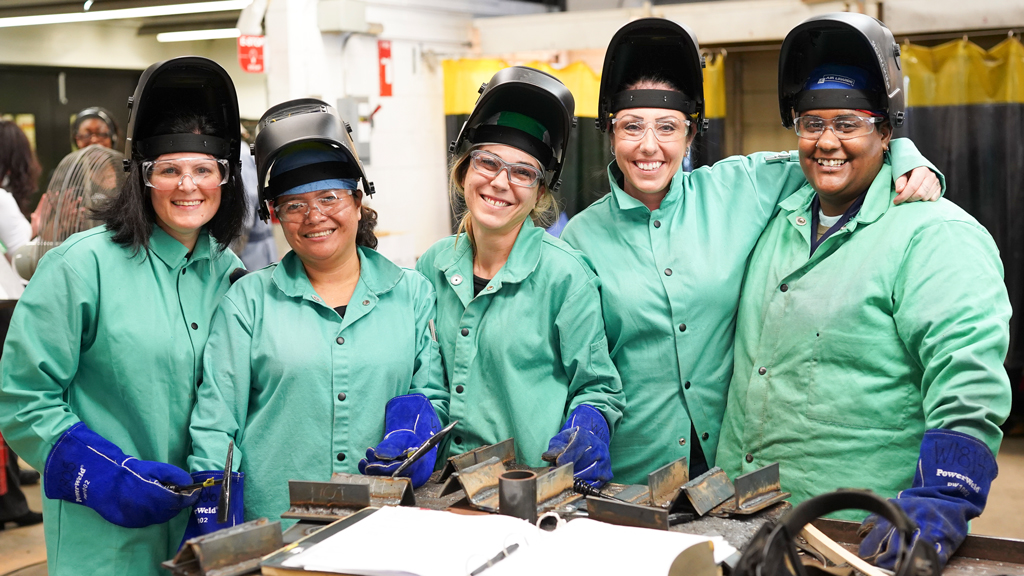


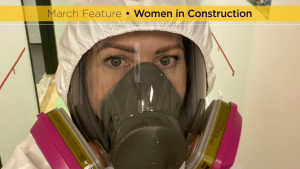
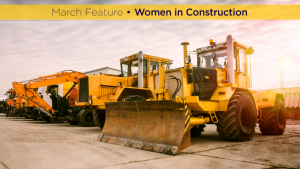
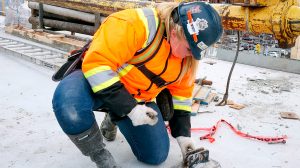

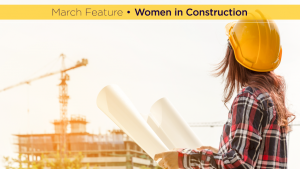

Recent Comments
comments for this post are closed